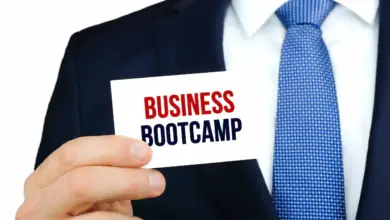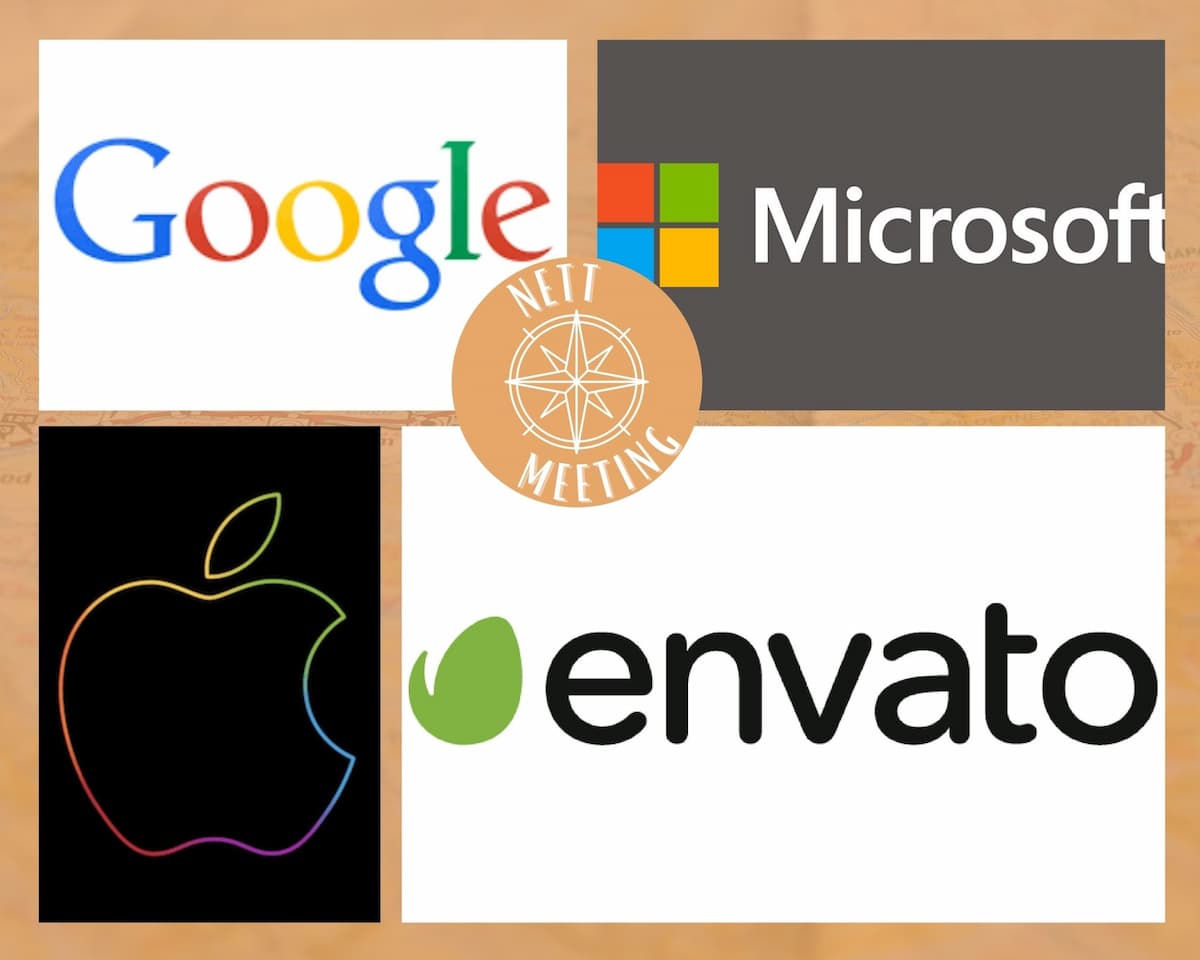RedStick PR
Looking to bring public relations services to regional areas, Allison Murphy founded RedStick in 2004 and has since built it up to employing eight staff members with room to grow.
What made you decide to go into business for yourself?
I wish I could tell you that mine was one of those stories comprised of a dreamy yearning to be my own boss, executed via an exquisite business plan. It was more the identification of a gap that could be filled by a unique skill set and a list of contacts that could go a long way to delivering benefits to clients.
This, matched with the notion that many businesses and other organizations – especially in regional areas – were completely underdone in terms of their strategic relationships to government, other businesses, and other projects.
What was the biggest challenge when you first started out?
The solitude. I started working from home, by myself. It was really hard to dig deep and find momentum each day when there was nil ramp-up time from travel to work, and nobody to have a breezy morning chat to kick things off for the day.
I was lucky to be busy with clients from day one, but this meant balancing the demands of high-level advisory with the day-to-day minutia of being the IT tech, purchasing officer, and receptionist.
I would get especially frustrated at my dog, just lying there, while I’m franticly rushing to meet deadlines. I would yell at him: “for goodness sakes, can’t you just do something?”
How did you choose your staff as the business grew?
Our business is about people, so I have always recruited by instinct first, need second. In the early days, we almost ‘collected’ people – those who excelled in their field and were easy to get along with. I know it doesn’t seem like a sound strategic business practice, but we experienced a high level of organic growth and found the best way to deal with demands was with a flexible enthusiastic team. Personality is everything when faced with a fast-paced environment with frequently changing priorities.
From there we have moved to a more sustainable and strategic model of recruitment. Make no mistake, though, our recruitment approach remains heavily dedicated to character and culture first, skills second. In instances where I have ignored this and hired to fit the position rather than culture, it has not been nearly as successful.
How important is the website to your business?
Important in so far as it provides us with a shop front. While our website is a good representation of our brand, our page remains fairly static. We have not really invested in building capacity for regular content management. In fact, we have taken a very strategic decision against ‘dabbling’ with updates, blogs, or ‘client only’ information. Our business is about the provision of up-to-date, unique, high-end information and advice. Failure to adequately reflect this via a website otherwise thirsty for updates would risk damage to our overall brand.
If you started the business from scratch all over again, what would you do differently?
You just don’t know what you don’t know. I would probably be brave enough to outsource more of my support needs (IT and admin is an example). I misguidedly tried to save overheads by doing too much myself. This ultimately cost me more time in tools down, than it saved in hourly consultant rates.
If I had my time again, I might have consulted more heavily regarding the financial side of the business, and definitely would have documented processes as I grew, rather than as part of a big systemization project now.
It goes to show that you can run away from these tasks all you like, but you wind up having to do them in the long run. So do them early and do them often to save the hassle.




